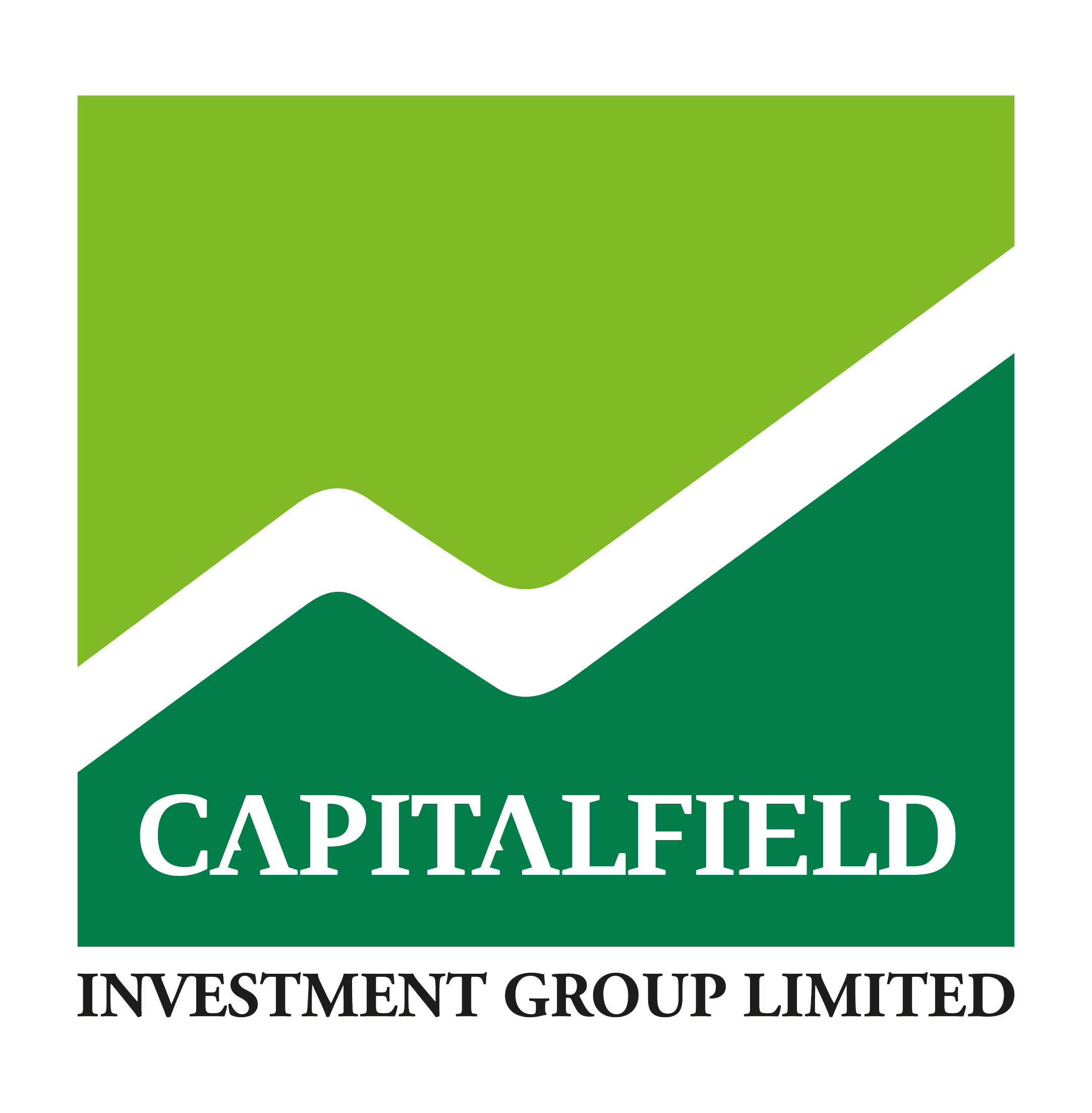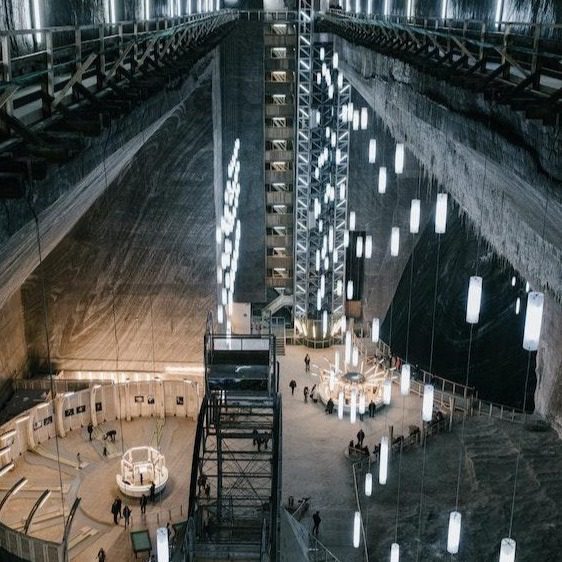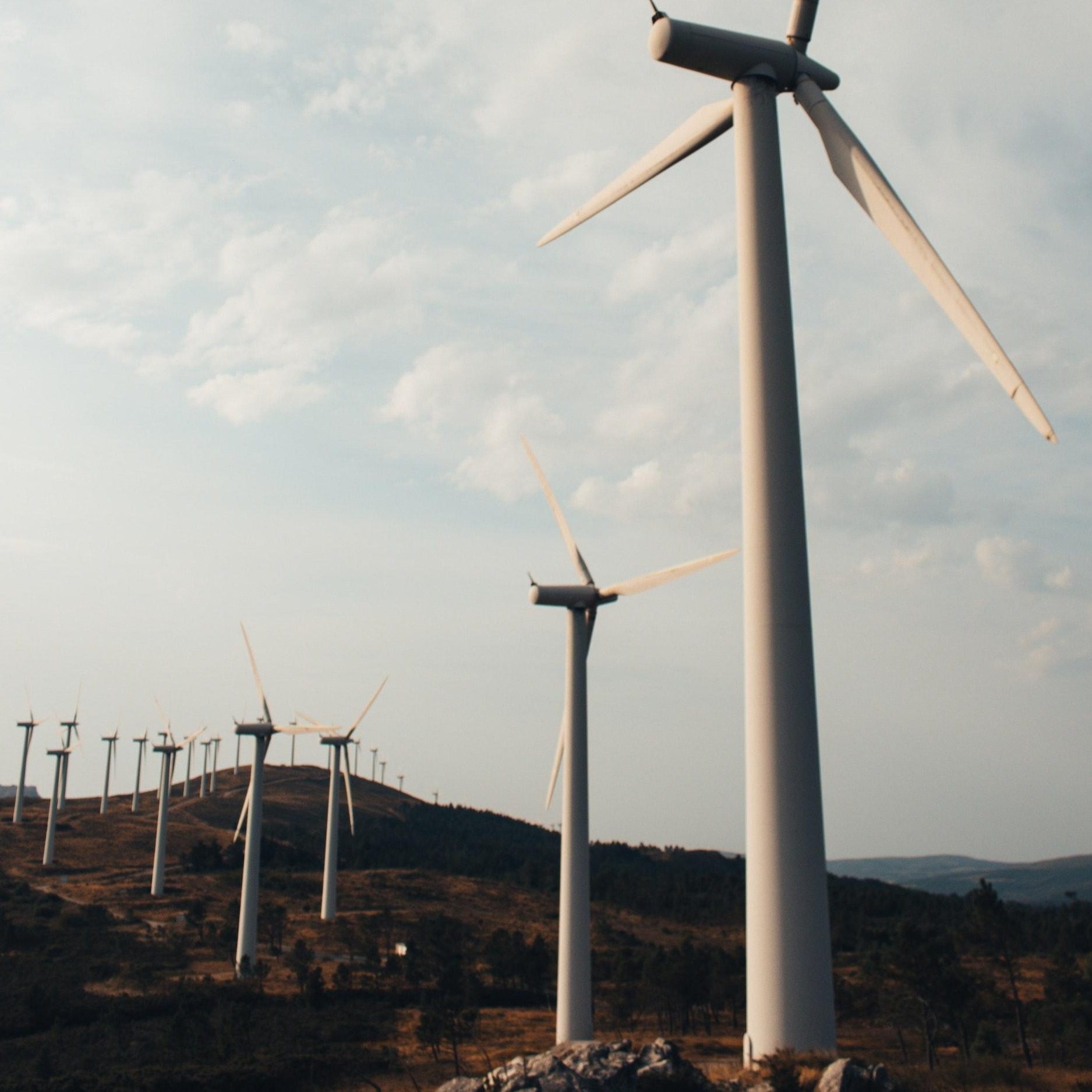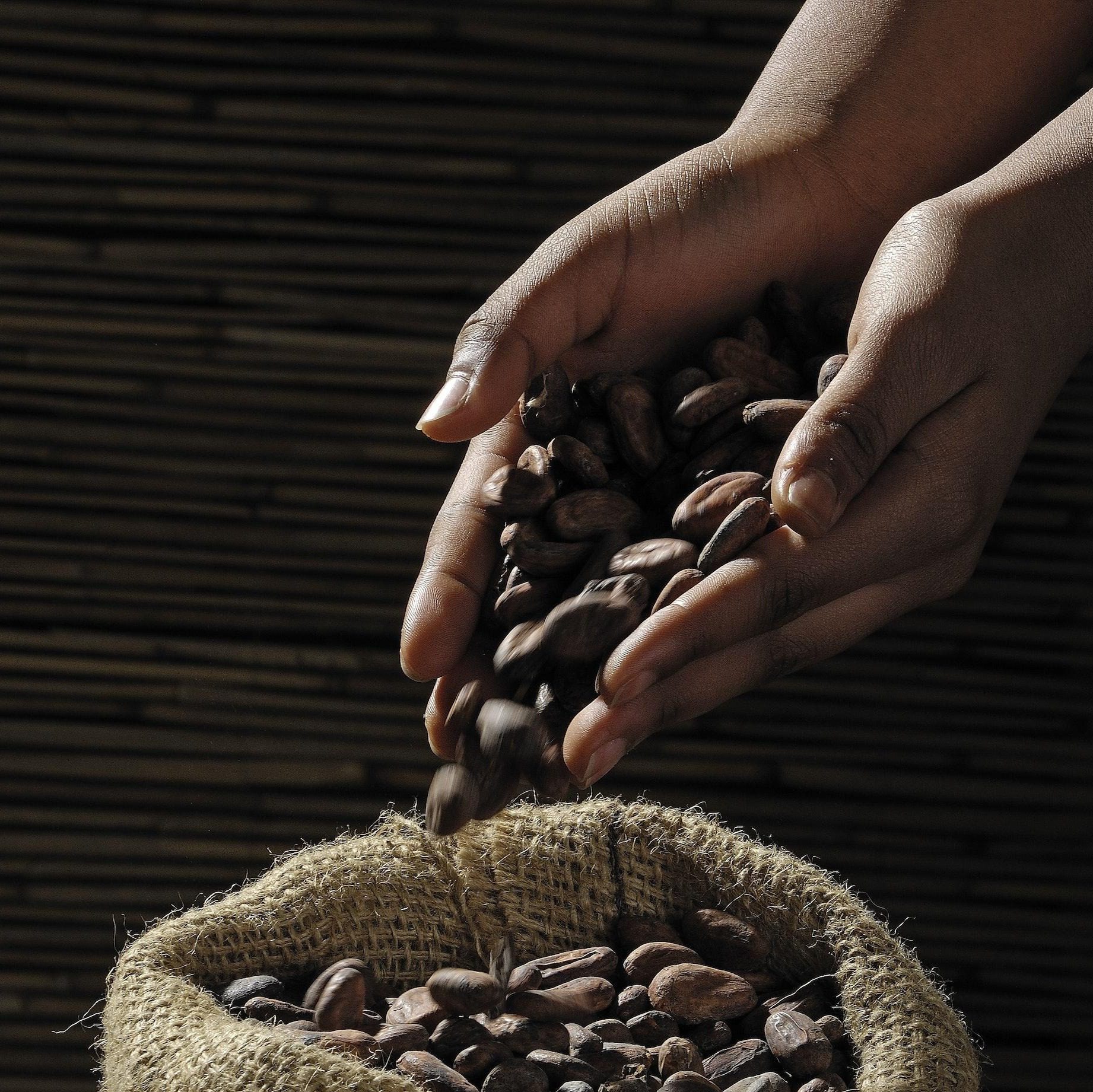FUEL PRICE HITS N750/LITRE IN JUNE – NBS
The National Bureau of Statistics has released its Premium Motor Spirit Price Watch report for June 2024, which showed that the average pump price of PMS rose to N750/litre last month. The report stated that Benue State had the highest petrol price at N864.55/litre, followed by Jigawa and Rivers states with N847/litre and N810/litre respectively. However, Lagos, Kwara, and Ogun states had the lowest retail prices for petrol at N626.94, N650 and N670.63 respectively. The South-South zone had the highest average retail price of N794.64, while the South-West zone had the lowest price of N696.42. The national average retail price for petrol increased by 37.44 per cent year-on-year to N750.17/litre in June 2024 from N545.83/litre in June 2023. On a month-on-month basis, the average retail price decreased by 2.53 per cent from N769.62/litre in May 2024. In addition, the average retail price of Automotive Gas Oil, popularly called diesel, increased by 79.32 per cent year-on-year to N1462.98/litre in June 2024, from N815.83/litre in June 2023. On a month-on-month basis, an increase of 4.20 per cent was recorded from N1403.96/litre in May 2024. The top three states with the highest average price of diesel in June 2024 were Niger (N1979.23), Cross River (N1920.86), and Taraba (N1742.46). The top three states with the lowest prices were Lagos (N1210.77), Ogun (N1239.17), and Abuja (N1240.00). The North-East zone had the highest average price of diesel at N1659.07, while the South-West zone had the lowest price at N1280.54.
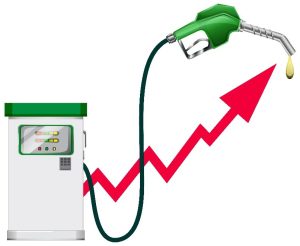
FG GETS OVER $751M WORLD BANK LOAN
The Federal Government has obtained $751.88m out of the recently approved $1.5bn loan by the World Bank.The loan under the Nigeria Reforms for Economic Stabilisation to Enable Transformation, Development Policy Financing Programme project was disbursed on June 28, 2024, documents from the global financial institution seen by The PUNCH indicated on Wednesday. This loan project is a part of the broader $2.25bn approved by the World Bank for Nigeria on June 13, 2024, to bolster Nigeria’s economic stability and support its vulnerable populations. The $1.5bn loan comprises two separate agreements between Nigeria and the World Bank: An International Development Association credit of $750m, and an International Bank for Reconstruction and Development loan of $750m. The amount disbursed includes the entire $750m from the IDA loan and $1.88m from the IBRD of the World Bank, with an undisbursed balance of $748.13m. It also had fee charges of $1.88m. The proposed DPF for Nigeria consists of a standalone operation with two tranches designed to support significant reforms in alignment with the government’s economic stabilisation and recovery priorities. This operation is structured around four key results distributed across two pillars, which include increasing fiscal oil revenues from 1.8 per cent of Gross Domestic Product in 2022 to 2.7 per cent by 2025, boosting non-oil fiscal revenues from 5.3 per cent to 7.3 per cent over the same period, expanding social safety nets to assist 67 million vulnerable Nigerians, and raising the import value of previously banned products from $11.3m to $54.6m by 2025.
INVESTORS GAIN N263BN AS EQUITY MARKET REBOUNDS
The Nigerian Exchange Limited reversed the previous trading session’s loss driven by investors’ demand for some of the small and mid-cap stocks leading to a gain of N263bn. Consequently, the All-Share Index rose by 0.47 per cent to close at 100,503.21 points, reflecting robust buying interest across various counters. Similarly, the market capitalisation of traded equities appreciated to N56.91tn, providing equity investors with gains of N262.8bn. At the close of trading, the exchange recorded fewer gainers (24) compared to decliners (29). Market breadth on Thursday was lacklustre due to low-traded volumes. The daily average volume decreased by 64.3 per cent to 392.8 million units, while the total number of deals for the day advanced by 3.4 per cent to 9,013. The traded value dipped by 17.3 per cent to N8.33bn. The shares of Guaranty Trust Holding Company emerged as the most traded security by volume with 39.75 million units worth N1.80bn in a total of 663 deals while Airtel Africa was the most traded security by value at N2.25bn in just 34 trades. Across the sectors, the performance was mixed. The oil and gas, consumer goods and industrial goods sectors were the gainers for the day with 0.19 per cent, 0.07 per cent, and 0.01 per cent, respectively due to interests in Airtel Africa, Eterna Plc, Oando, NASCON Allied Industries, Flour Mills, Unilever and Champion Breweries Plc. The insurance and banking sectors, recorded losses of 2.35 per cent and 2.28 per cent, respectively at the close of trading.
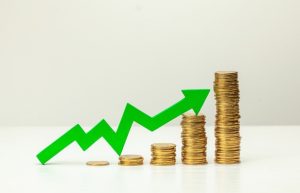
SENATE APPROVES ONE-TIME WINDFALL TAX ON BANKS’ FOREX PROFIT
The Senate has approved President Bola Tinubu’s request to amend the Finance Act to impose a one-time windfall tax on banks’ foreign exchange profits in 2023. This request was contained in a letter sent on Wednesday and read by Senate President, Godswill Akpabio. A windfall tax is a higher tax levied by the government on sectors or businesses that have disproportionately benefited from favourable market conditions. The President said the money would be part of the revenue used to fund the additional N6.2tn added to the 2024 budget. The letter was presented as an Executive bill that read in part, “Furthermore, the proposed amendments to the Finance Act, 2023 are required to impose a one-time windfall tax on foreign gains realised by banks in their 22 financial statements to fund capital infrastructure development, education, and healthcare access as well as public welfare initiatives to give sound and solid foot to the Renewed Hope Agenda of Mr President C-in -C. “Finally, I believe that all the proposals in this bill are laudable and will enhance the critical needs of the citizens of this country.” The bill was given an expeditious treatment passing both the first and second readings. The bill was then forwarded to the Senate Committee on Finance and asked to revert in one week. On July 6, 2023, President Tinubu signed the Finance Act (Effective Date Variation) Order, 2023, which took effect on September 1, 2023.
CBN RESUMES BDC DOLLAR SALE AS NAIRA WEAKENS TO 1,570/$
The Central Bank of Nigeria resumed the sale of foreign exchange to eligible Bureau De Change operators on Thursday, as the naira fell to 1,570/$ at the parallel marketThe CBN sold the dollar to BDCs at a rate of 1,450/$. This was disclosed in a statement signed by AA Mahdi for the acting director of the Trade and Exchange Department at the CBN. The apex bank said, “Following the ongoing reforms in the foreign exchange market, with the objective of achieving an appropriate market-determined exchange rate for the naira, the Central Bank of Nigeria” has observed the continued distortions in the retail end of the market. “To this end, the CBN has approved the sale of FX to eligible Bureau de Change to meet the demand for invisible transactions. The sum of $20,000 is to be sold to each BDC at the rate of N1,450 (representing the lower band of the trading rate at NAFEM in the previous trading day).” It warned the BDCs to sell to eligible end-users at a margin not more than 1.5 per cent above the purchase rate from CBN. The dollar, which traded as low as 1,640/$, settled at 1,570/$ at the parallel market, having closed Wednesday’s trading at 1,565/$.Findings from BDC operators by The PUNCH showed that the naira was trading between 1,620/$ and 1,630/$ on the black market. According to London Stock Exchange Group data, the naira fell to a four-month low of 1,612.50/$ on the official market on Wednesday. A BDC operator in Abuja, Mohammed Magaji, stated that a dollar was sold at 1,630/$ and he was willing to buy at 1,620/$.
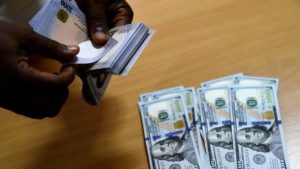
- CAPITALDIGEST MARKET REVIEW, 09/02/2026February 9, 2026
- CAPITALDIGEST DAILYNEWS, 09/02/2026February 9, 2026
- CAPITALDIGEST MARKET REVIEW, 02/02/2026February 2, 2026
Enter your email address for receiving valuable newsletters.
- CAPITALDIGEST MARKET REVIEW, 09/02/2026U.S. DOLLAR REBOUND TO BE CUT SHORT BY RATE CUT BETS, DOUBTS OVER FED INDEPENDENCE:...February 9, 2026
- CAPITALDIGEST DAILYNEWS, 09/02/2026TAXES, FUEL HIKE SLOW BUSINESS GROWTH IN JANUARY – NESG REPORT The report showed that...February 9, 2026
- CAPITALDIGEST MARKET REVIEW, 02/02/2026DOLLAR WEAKENS ACROSS THE BOARD AS YEN CLIMBS ON INTERVENTION RISK The dollar moved sharply...February 2, 2026
